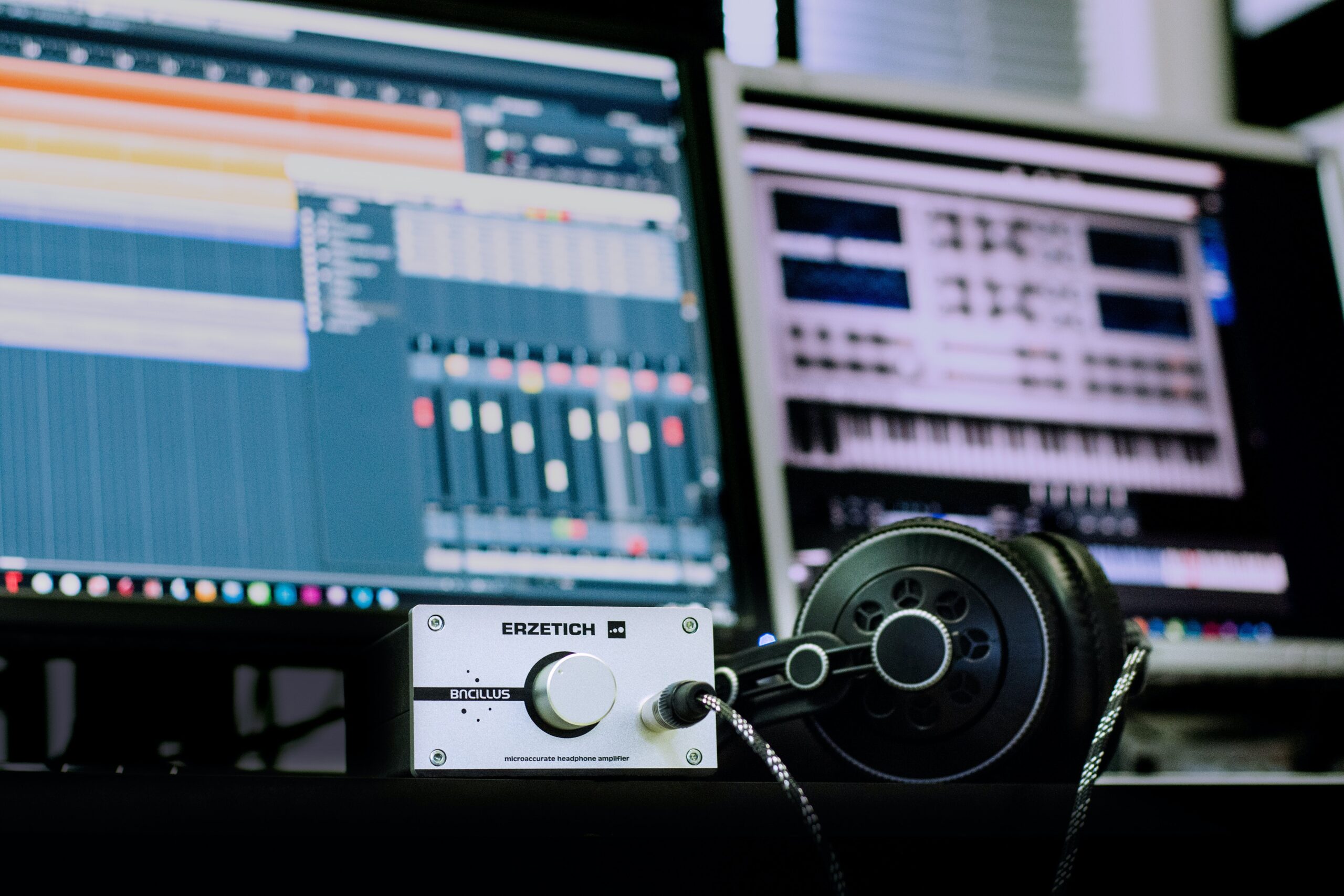Hey there, fellow music producer! If you’ve ever found yourself stuck in the dreaded beatblock, you’re not alone. We all face those creative droughts from time to time. One fantastic way to breathe new life into your music and overcome that frustrating block is by diving into the world of sample use. In this blog post, I’m going to share my personal journey and some quick tips on how upcoming producers like us can use samples legally to unleash creativity and avoid beatblock.
Getting to Know Copyright Laws: I’ll be honest; when I first started, I was pretty clueless about copyright laws. But understanding these rules is crucial. Take some time to grasp concepts like fair use, public domain, and licenses. Remember, ignorance can lead to some serious legal trouble.
If you’re in the UK, two useful sites containing free information on copyright are:
Gov.uk – The official UK government website provides information on copyright, intellectual property, and related topics. You can find guidance documents and resources related to copyright laws – https://www.gov.uk/
Intellectual Property Office (IPO) – This is the UK government’s official office for intellectual property matters, including copyright. They offer educational materials, guides, and FAQs on copyright – https://www.gov.uk/government/
Sample Libraries and Royalty-Free Gems: One of the best things I ever did was invest in sample libraries and royalty-free sample packs. These resources are a goldmine for inspiration, and they often come with crystal-clear licensing terms. It’s like having a treasure chest of sounds at your disposal!
Here is a list of some of the most popular royalty-free sample pack sites:
Splice Sounds: Splice is a popular platform that offers a vast selection of high-quality sample packs and sound libraries. They have a subscription-based model that allows you to access a certain number of samples per month – Splice Sounds
Loopmasters: Loopmasters is a well-known source for sample packs and has a wide variety of genres and styles to choose from. They offer both free and paid sample packs – Loopmasters
Producer Loops: Producer Loops specializes in high-quality sample packs for various genres, including EDM, hip-hop, and more. They offer both free and paid packs – Producer Loops
Cymatics: Cymatics offers a wide range of free and premium sample packs, presets, and production resources. They cover various electronic music genres – Cymatics
Free Music Archive: The Free Music Archive provides a collection of free music and sound effects that you can use in your projects. While it primarily focuses on music, you can find some useful samples – Free Music Archive
Remember to review the licensing terms for each sample pack to ensure compliance with your intended use, as terms may vary. Additionally, some of these sites may have changed or evolved since my last update, so it’s a good idea to explore them further and see which ones best suit your music production needs.
The Art of Clearing Samples: Now, what if you stumble upon a sample that’s not from a royalty-free source? Don’t worry; you can still use it legally by getting proper clearance. It might involve some paperwork and perhaps a fee, but it’s well worth it to avoid future legal headaches.
Put Your Creative Spin on It: The magic of sampling lies in making the sample uniquely yours. Try experimenting with effects, pitch, tempo, and other processing techniques. Transform that sample into something fresh and exciting that fits perfectly into your composition.
Learning from the Pros: We can learn a lot by studying legendary producers like Kanye West, J Dilla, and DJ Premier. These masters have an uncanny knack for using samples creatively. Analyze their techniques to gain insights into how to breathe life into your tracks.
For indepth tutorials on using samples in your productions, here are a few useful resources:
YouTube: YouTube is a treasure trove of music production tutorials, including those on sample usage. You can find numerous channels dedicated to music production, such as “Point Blank Music School,” “Busy Works Beats,” “Produce Like A Pro,” and “ADSR Music Production Tutorials,” among others.
Skillshare: Skillshare offers a wide range of online courses on music production, including lessons on sample usage. You can find courses taught by experienced producers and instructors – Skillshare – Music Production Courses
Udemy: Udemy hosts various music production courses, including those focused on working with samples. These courses often include video tutorials and practical examples – Udemy – Music Production Courses
Keep It Organized: Lastly, and perhaps most importantly, stay organized. Keep detailed records of all the samples you use in your projects. Note where you found them, their licensing terms, and any changes you made. It’s a lifesaver if any legal questions come up down the road.
My journey with samples has been a game-changer, just like electronic tracks that have used samples to shape their sound. As someone with limited music theory knowledge, it’s transformed my music production experience, helping me break free from beatblock and infusing new life into my creations. So, embrace the world of samples, and let your creativity soar. It’s not just a tool; it’s a pathway to innovation in your musical adventure.
Please note that we are not affiliated with or sponsored by any of the following websites listed in this blog and cannot guarantee the security of their content. If you access any of the sites referenced in this blog, you do so at your own risk.

googletest
January 23, 2024 at 2:09 amHaving read this I thought it was rather informative. I appreciate you spending some time and energy to put this article together.
I once again find myself personally spending a lot of time both
reading and posting comments. But so what, it was still worthwhile!